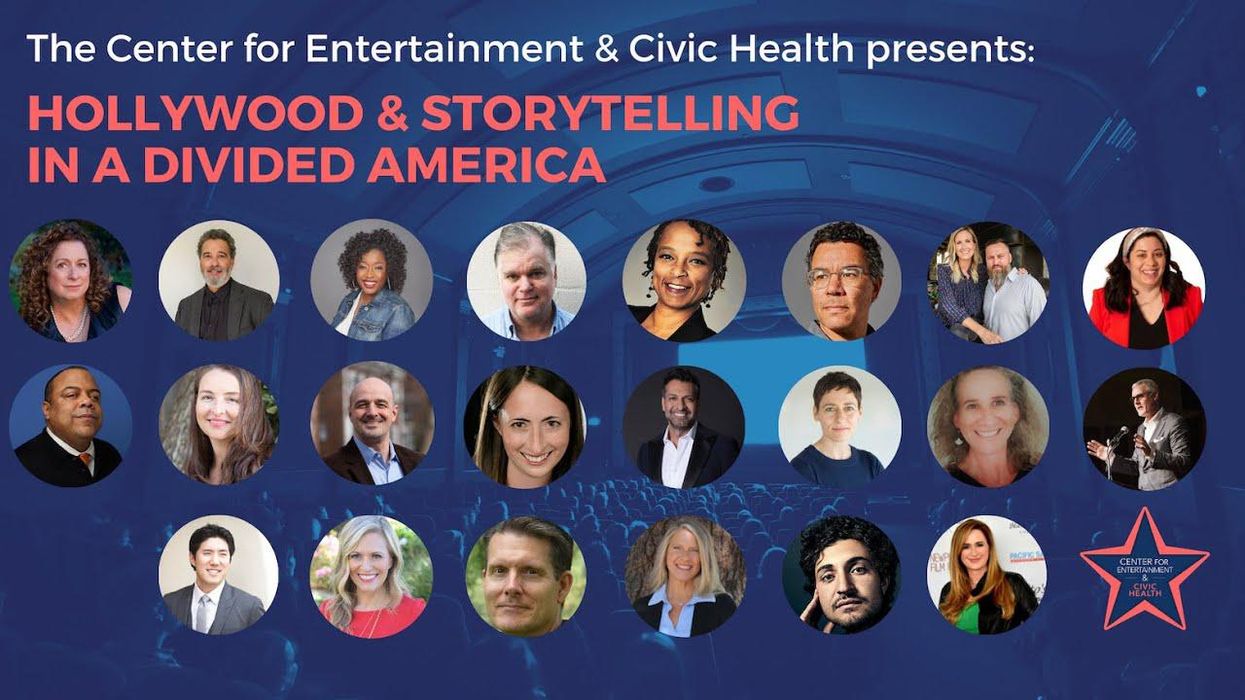The Center for Entertainment & Civic Health is dedicated to harnessing the power of storytelling and entertainment to bridge America’s divides. This panel discussion explores the impact of entertainment media on polarization and societal cohesion, and promoting the creation of content that fosters civic health and democratic norms to answer the question: Can Popular Entertainment Save a Fracturing America?
Video: Hollywood and storytelling in a divided America
The Center for Entertainment & Civic Health Presents Hollywood and Storytelling In a Divided America




















